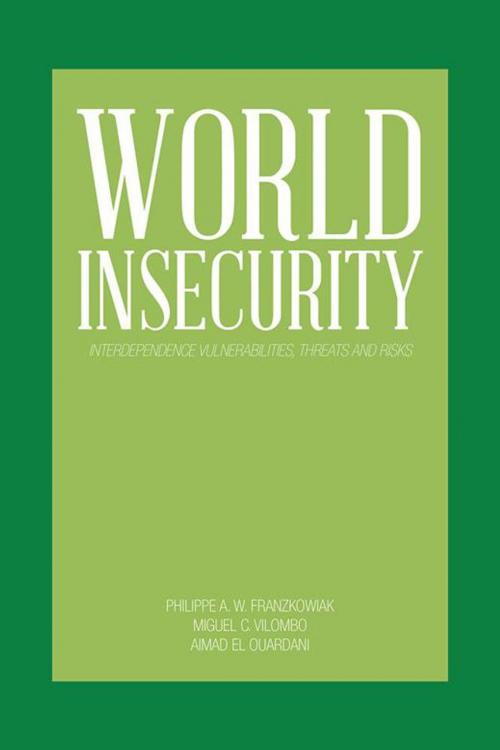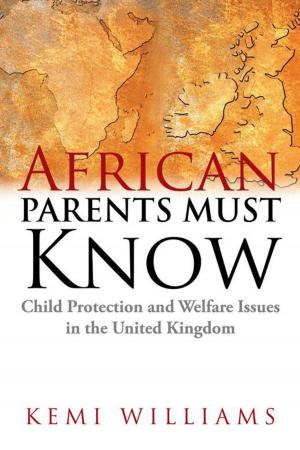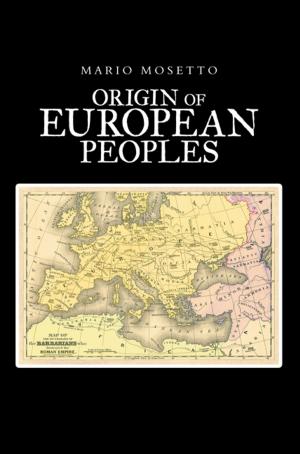World Insecurity
Interdependence Vulnerabilities, Threats and Risks
Nonfiction, Social & Cultural Studies, Political Science, International, International Security, Reference & Language, Law| Author: | Aimad El Ouardani, Miguel C. Vilombo, Philippe A. W. Franzkowiak | ISBN: | 9781491896860 |
| Publisher: | AuthorHouse UK | Publication: | March 31, 2014 |
| Imprint: | AuthorHouse UK | Language: | English |
| Author: | Aimad El Ouardani, Miguel C. Vilombo, Philippe A. W. Franzkowiak |
| ISBN: | 9781491896860 |
| Publisher: | AuthorHouse UK |
| Publication: | March 31, 2014 |
| Imprint: | AuthorHouse UK |
| Language: | English |
The world is increasingly becoming interdependent and this interdependency has raised the number of unmistakable vulnerabilities, threats and risks. The institutions of governance in weak and failing states are driving forces that often lead to environmental damage, mismanagement of natural resources, to the expansion of international terrorism, inter-religious violence, transnational organized crime, and to piracy activities that affect energy security in the Gulf of Guinea and Aden. All this creates open security spaces whose impacts are national, sub-regional, regional, and threatens the international security order. The UN and other intergovernmental bodies are often drawn in to mitigate conflicts and political crisis, and to provide emergency humanitarian responses, at very high costs. The cost of post-conflict societys recovery processes such as rebuilding institutions of governance is enormous due to financial and human resources commitment efforts. Therefore to resolve insecurity problems, a firefighter strategy is not good enough unless efforts are redirected towards information, management and analysis of global trends to enable a more adequate response to the crisis. The main issue is therefore to provide now and for future generations a response that has to be effective and adequate to both manmade and natural crisis.
The world is increasingly becoming interdependent and this interdependency has raised the number of unmistakable vulnerabilities, threats and risks. The institutions of governance in weak and failing states are driving forces that often lead to environmental damage, mismanagement of natural resources, to the expansion of international terrorism, inter-religious violence, transnational organized crime, and to piracy activities that affect energy security in the Gulf of Guinea and Aden. All this creates open security spaces whose impacts are national, sub-regional, regional, and threatens the international security order. The UN and other intergovernmental bodies are often drawn in to mitigate conflicts and political crisis, and to provide emergency humanitarian responses, at very high costs. The cost of post-conflict societys recovery processes such as rebuilding institutions of governance is enormous due to financial and human resources commitment efforts. Therefore to resolve insecurity problems, a firefighter strategy is not good enough unless efforts are redirected towards information, management and analysis of global trends to enable a more adequate response to the crisis. The main issue is therefore to provide now and for future generations a response that has to be effective and adequate to both manmade and natural crisis.















